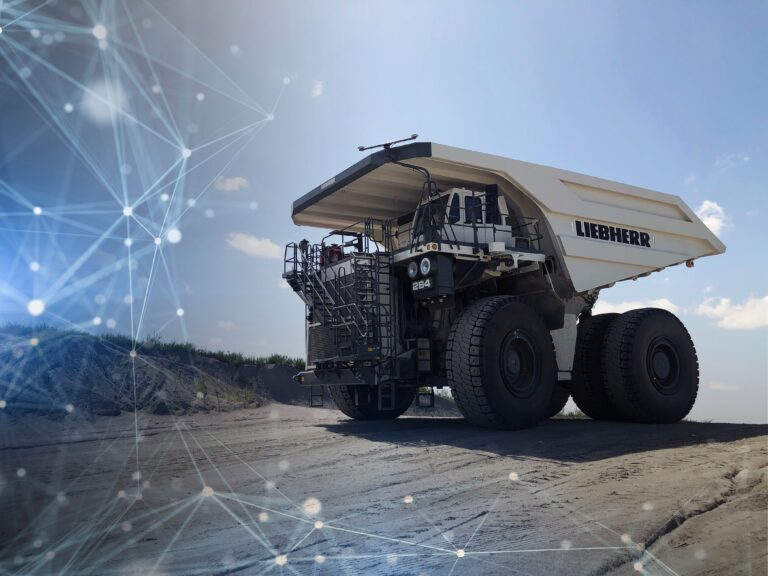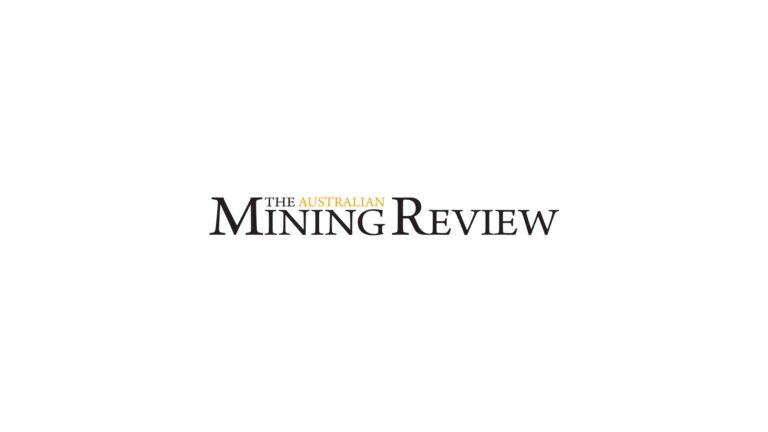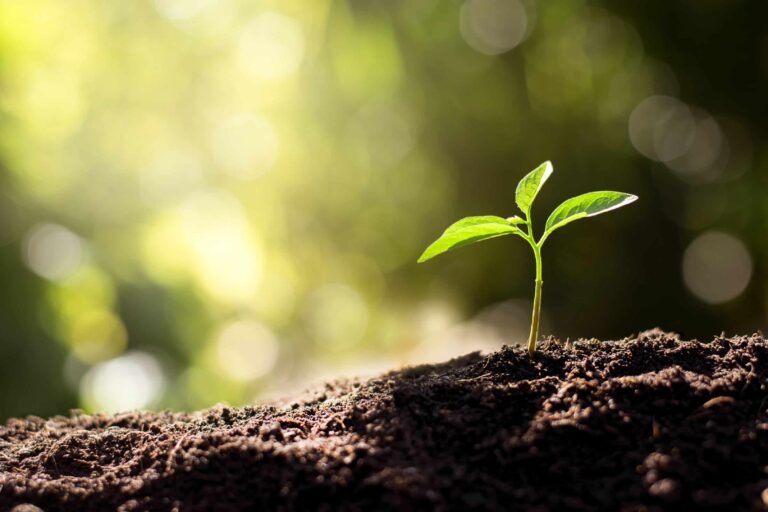
Rio Tinto (ASX: RIO) has released its Q3 CY24 results, with the company increasing Pilbara iron ore, bauxite and titanium dioxide slag production.
Bauxite production saw an 8% increase from the prior corresponding period to 15.1mt, titanium dioxide slag production increased 7% to 263kt and Pilbara iron ore production increased 1% to 84.1mt.
On the other hand, aluminium production decreased 2% to 809kt and mined copper production dropped 1% to 168kt.
Operations
Construction of Rio’s Western Range mine is now 80% complete, with the company finalising commissioning of the autonomous haul trucks and completing the Paraburdoo upgrade in the quarter.
Rio continues to focus on the construction of the greenfield crushing and screening plant as well as the Paraburdoo plant tie-in, with first ore from this new system on schedule for 2025.
The company is continuing to advance the next phase of its Pilbara mine replacement studies, including the Hope Downs, Brockman 4, Greater Nammuldi and West Angelas projects.
Funding has been obtained for the Hope Downs replacement project while environmental and heritage approvals are progressing.
The pre-feasibility study for the Rhodes Ridge project remains on track to be completed in 2025 with first ore expected by the end of the decade.
In mid-July, Rio celebrated the shipment of 4bt of iron ore from its Pilbara operations to China, 51 years after the company’s first shipment.
The shipment was loaded at Dampier Port and headed to the world’s top steel producer, China Baowu Steel Group.
Looking at Rio’s other operations, ventilation shafts three and four were commissioned during the quarter at the Oyu Tolgoi underground project in Mongolia with fresh air now being drawn into the underground mine.
Construction on the conveyor to surface is now 98% complete and after a minor delay, Rio expects first ore on the belt by the second half of October.
Finally, all conditions have been satisfied for Rio’s investment to develop the Simandou high-grade iron ore deposit in Guinea with first production from the Simfer mine expected in 2025.
Arcadium takeover
A highlight for Rio in Q3 was the confirmation of the $9.95b (US$6.7b) Arcadium Lithium (ASX: LTM) purchase.
The transaction will bring Arcadium’s world-class lithium business into Rio’s portfolio, adding onto the company’s existing aluminium, copper and iron ore operations.
Rio chief executive Jakob Stausholm commented on the Arcadium acquisition.
“We announced the acquisition of Arcadium Lithium, bringing a world-class lithium business alongside our leading aluminium and copper operations to supply materials needed for the energy transition,” he said.
“This is aligned with our strategy and our disciplined capital allocation framework, increasing our exposure to a high-growth, attractive market at the right point in the cycle.”
Safe Production System
Rio’s Safe Production System has now been deployed across 28 sites, an increase of two from the second quarter.
This system draws on data more efficiently to better understand asset health, maintenance scheduling and bottleneck solutions.
“We continue to strengthen our operations, with the roll-out of the Safe Production System delivering consistent production at our Pilbara iron ore business and a step change from our Australian bauxite mines,” Mr Stausholm said.
“We are building on this, with more work to do across our global portfolio.”
Sustainability
Rio’s decarbonisation strategy is in full swing, with the company announcing it would be working with the Queensland Government to support investment in renewable energy projects.
The agreement represents an important step towards securing a long-term future for Australia’s second-largest aluminium smelter, Boyne Smelters Limited (BSL).
“The decarbonisation of our business remains a priority and is progressing well,” Mr Stausholm said.
“We took another important step in securing a long-term future for the Boyne Smelter, announcing a partnership with the Queensland Government to support investment in renewable energy projects.”
In the quarter, Rio also announced it would be developing Pongamia seed farms in Australia to explore the potential of Pongamia seed oil as a feedstock for renewable diesel.
A pilot program will determine if Pongamia seed oil can contribute to Rio’s renewable diesel needs while potentially contributing to the growth of a new biofuel sector in Australia.
Currently, Rio is in the final stages of acquiring around 3000ha of cleared land near Townsville in northern Queensland to establish farms to study growth conditions and measure seed oil yields.







